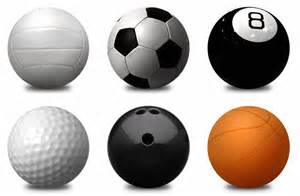Abstract
There are few societal institutions which are thought to transcend the power of sexual, racial, sexuality, and class politics; however, the arena of sports is often looked upon as a desegregated and meritocratic system in which these conflicts and tensions are absent. Nevertheless, sport functions similarly to other social institutions to reflect the...Download this resource to see full details. Download this resource to see full details.
Details
- Subject Area(s):
- Leisure/Sports/Recreation
- Resource Type(s):
- Class Activity
- Class Level(s):
- Any Level
- Class Size(s):
- Any
Usage Notes
Although this activity may work best for an undergraduate course on sport and society, it could be adapted in any undergraduate level course focused on social stratification, sex and gender, sexuality, or race and ethnic relations.Download this resource to see full details. Download this resource to see full details.
Learning Goals and Assessments
Learning Goal(s):
- To demonstrate how sex, gender, sexuality, race, and class ideology is both reflected and reproduced in sports contexts.
- To apply sociological theory to sports contexts.
- To apply empirical research patterns to sports contexts.
Goal Assessment(s):
- Students will list 10 sociological observations about the sporting event. Instructors should explain the difference between a sociological observation (e.g. there were no coaches of color) vs. a general observation (e.g. the winning coach was happy).
- Students will write a paragraph about how 3 different sociological theoretical perspectives (e.g. conflict theory, functionalism, symbolic interaction, feminist theory, queer theory, postmodernism, and critical race theory) can be applied to the event.
- Students will write a paragraph about how previous empirical research patterns discussed in class (e.g. studies, population trends, and assigned readings) apply to the event.
When using resources from TRAILS, please include a clear and legible citation.


